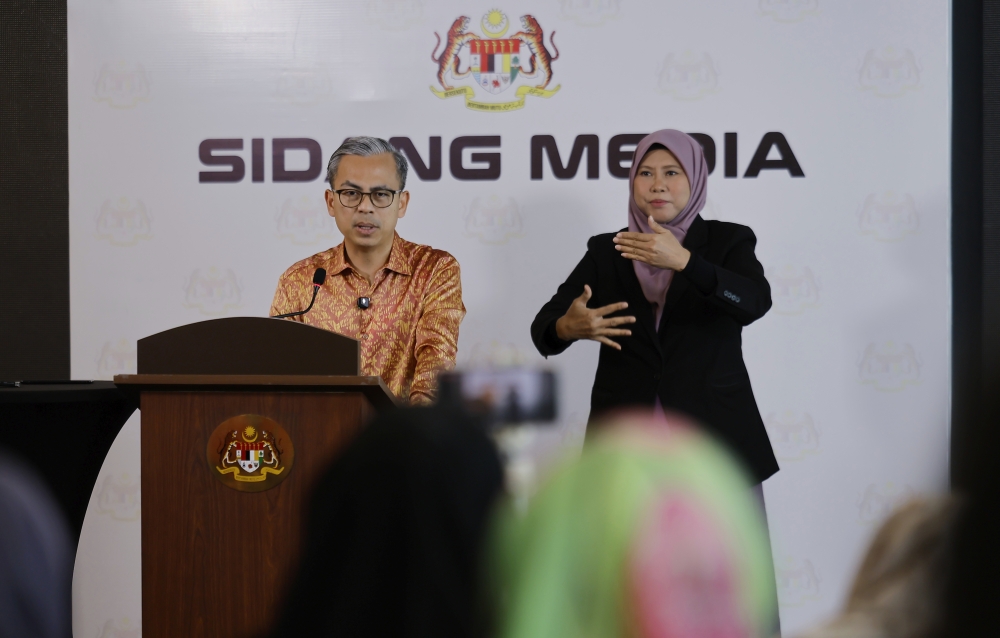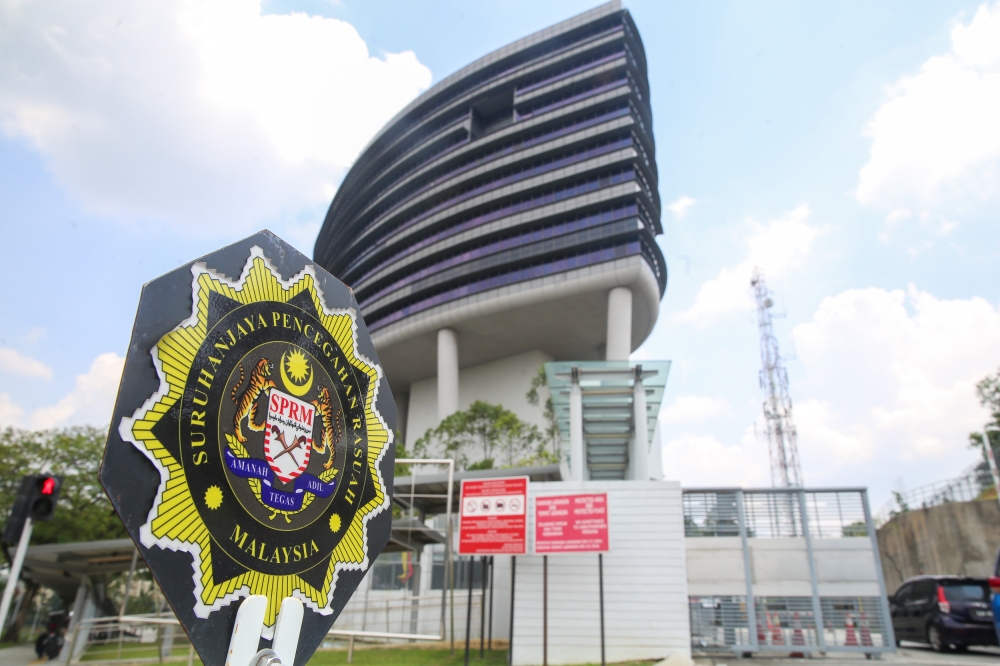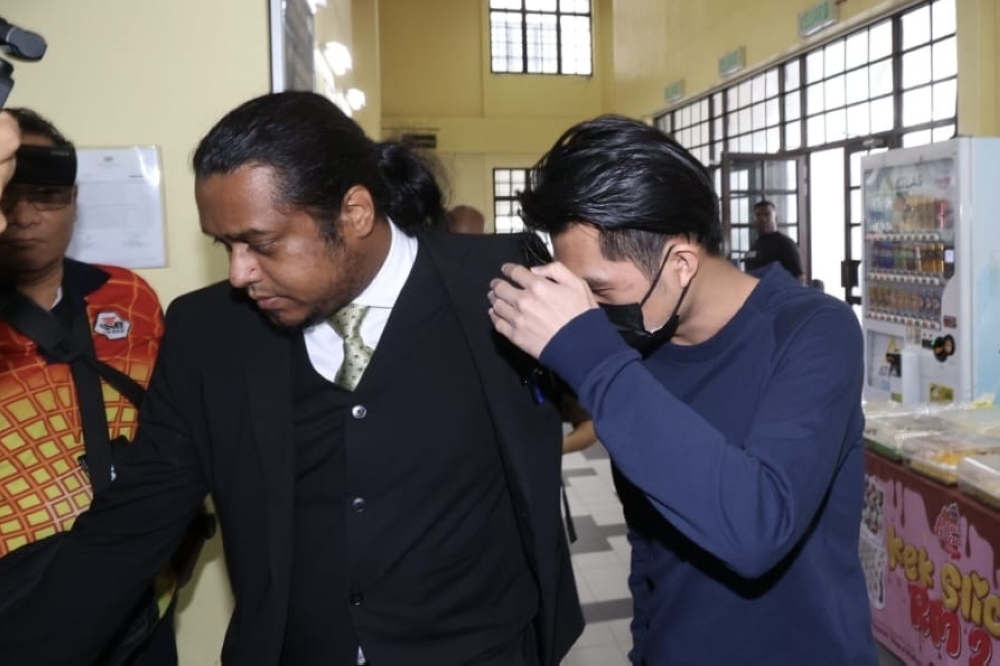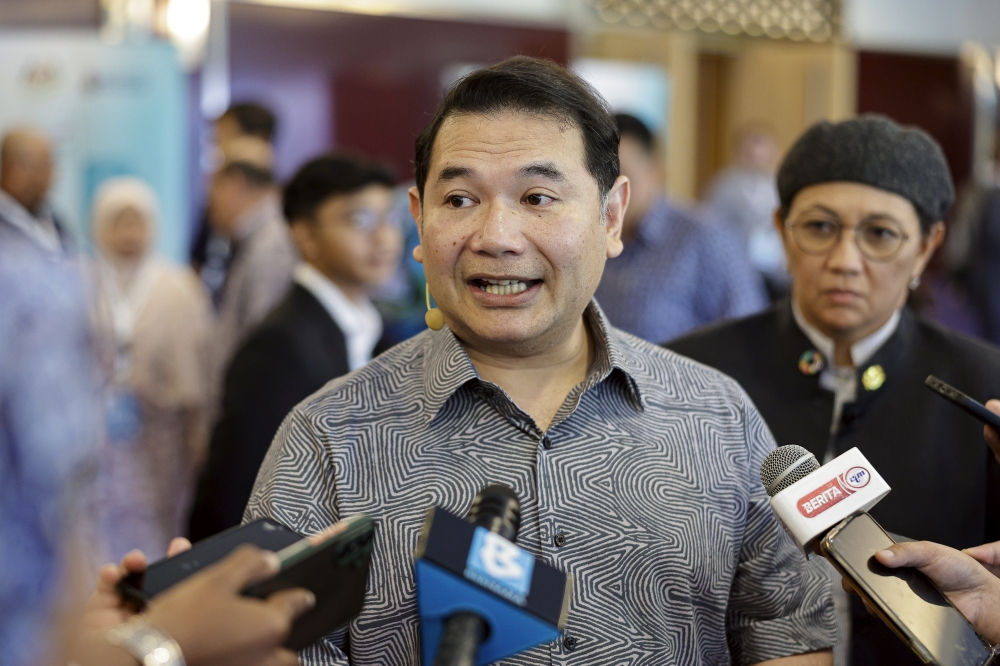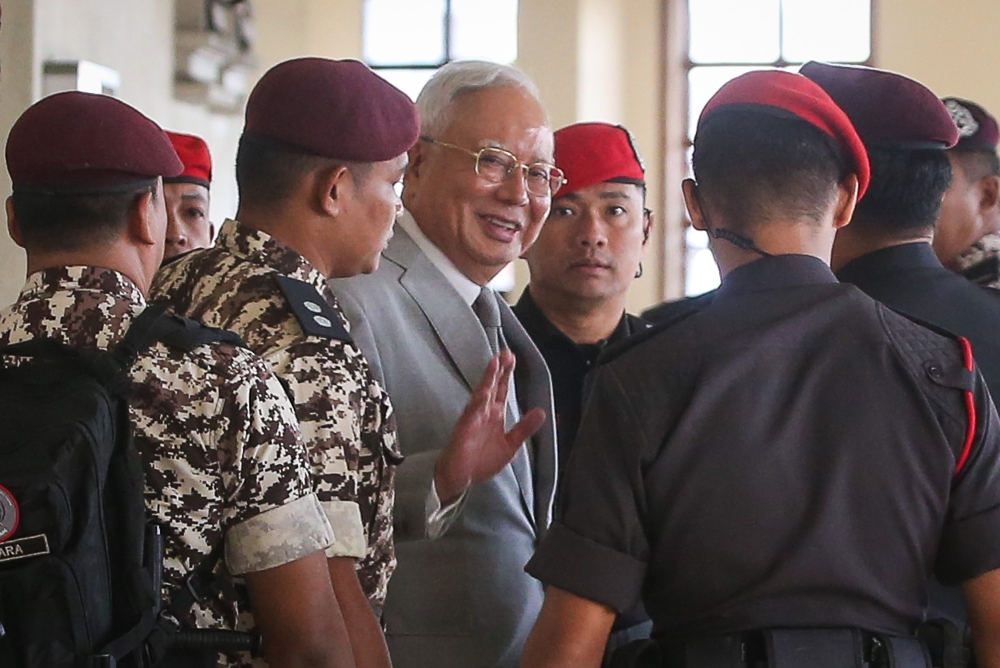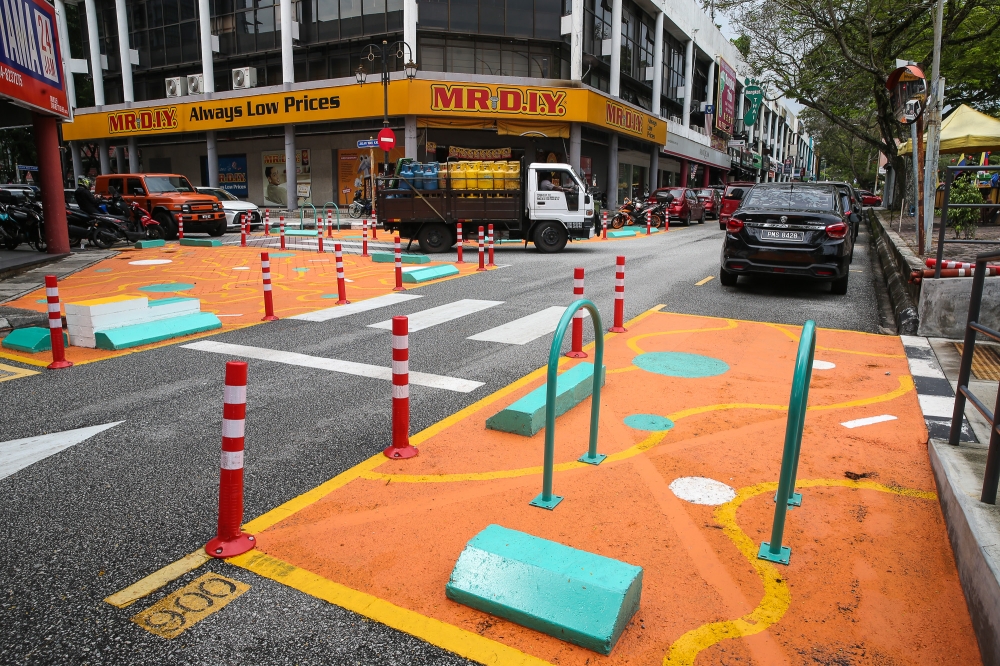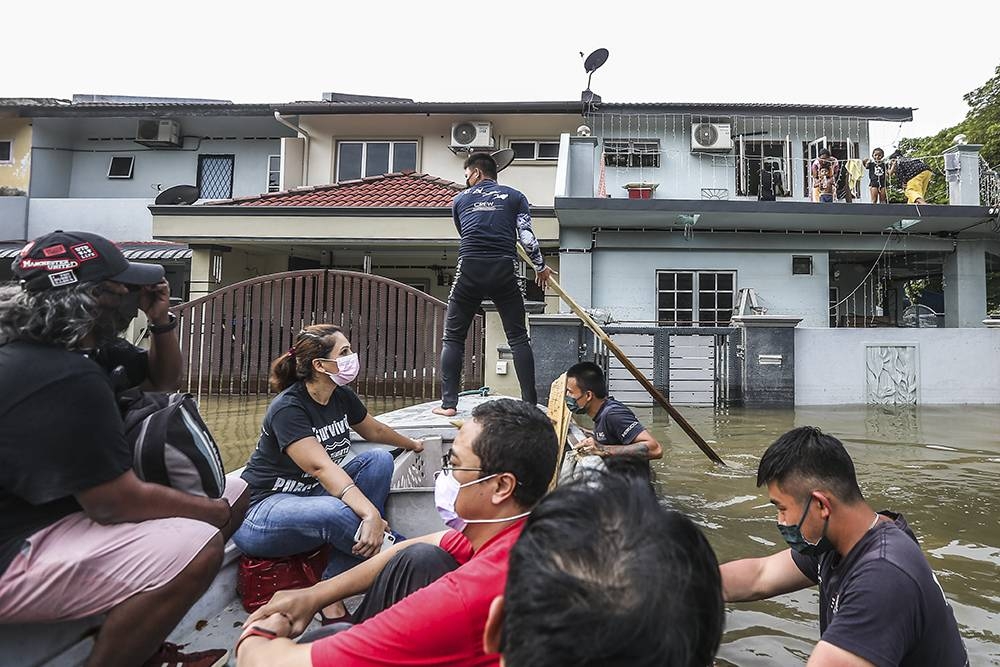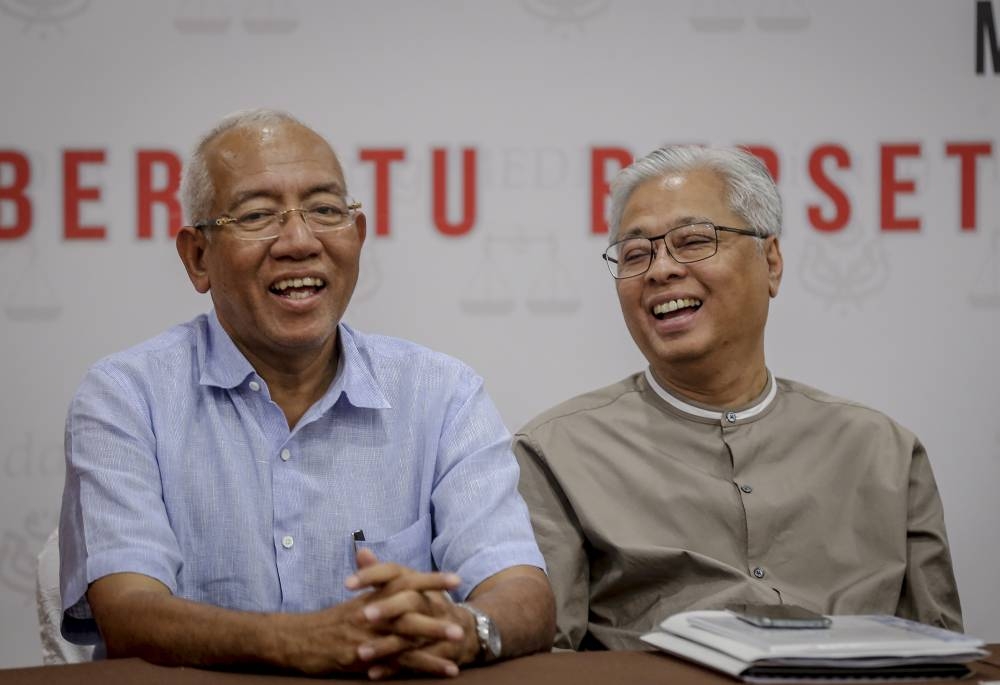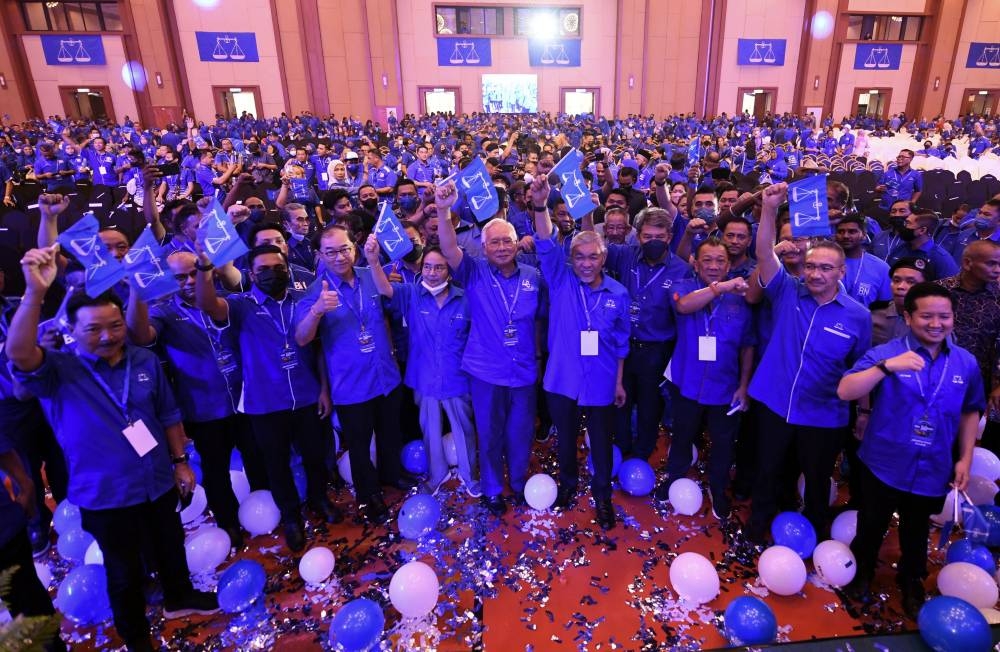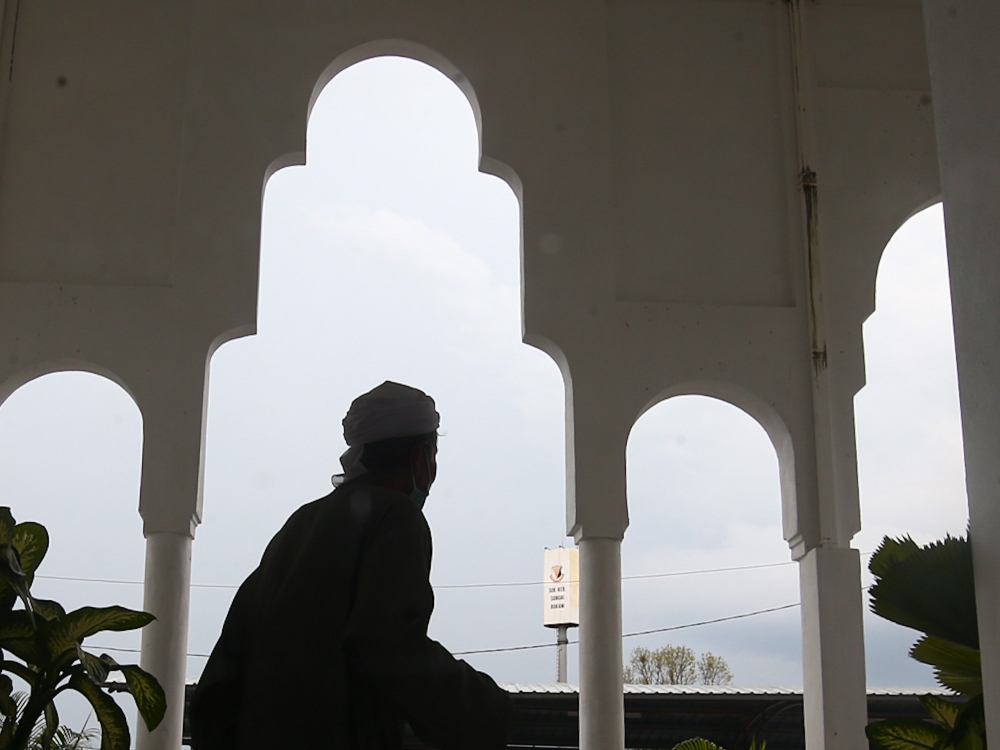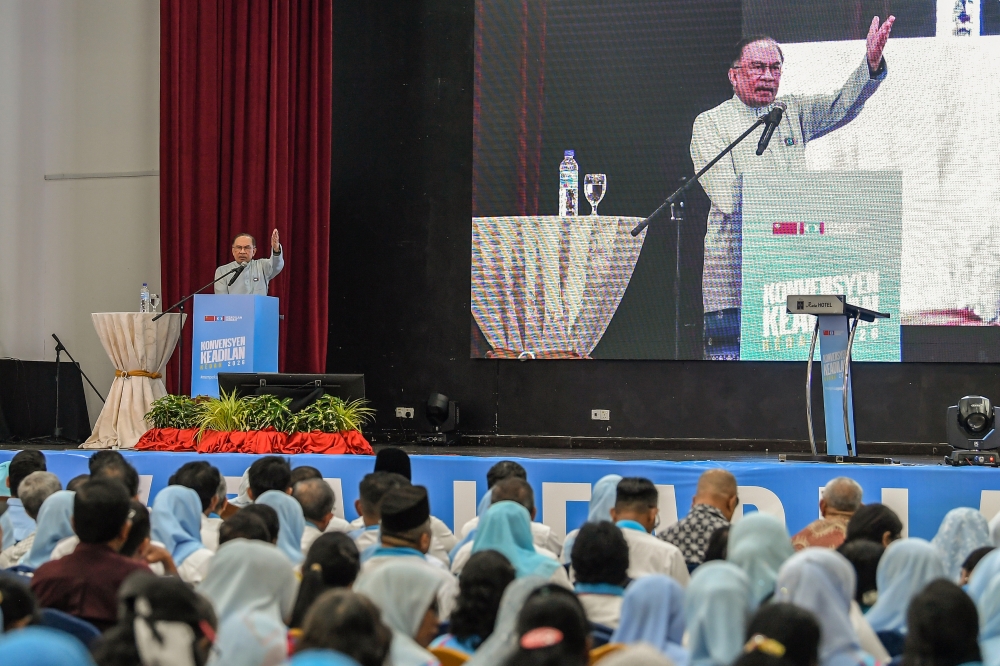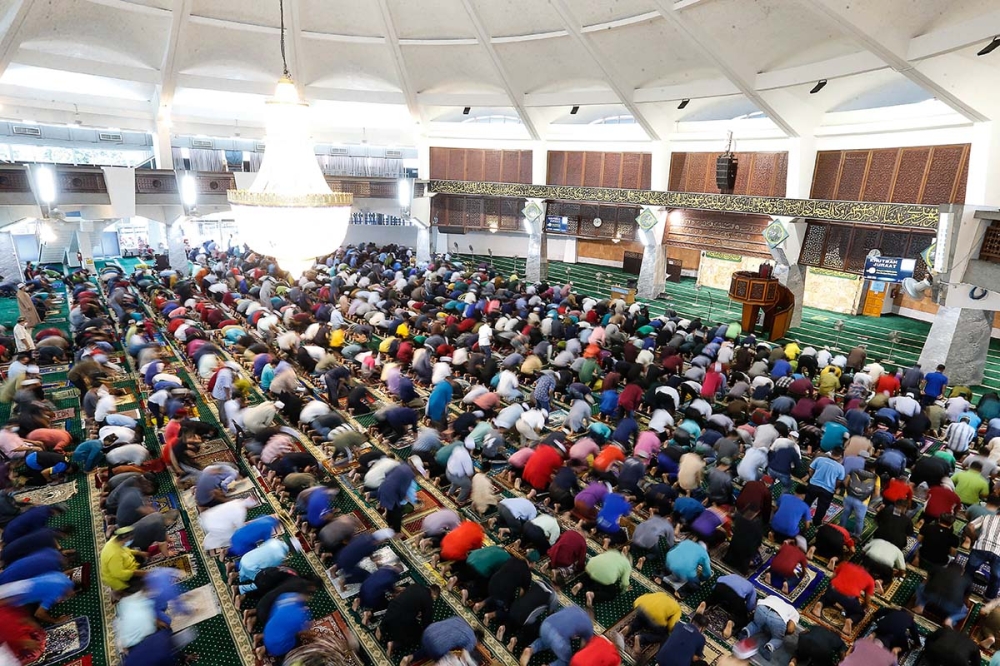KUALA LUMPUR, July 9 — Worsening floods. Prolonged drought accompanied by spells of scorching heat. Thunderstorms that seem to be more violent.
What were once considered part and parcel of life in the Equatorial region have become climate anomalies that are increasingly hard to ignore as the accelerating impact of global warming begins to disrupt everyday life, and threatens livelihoods.
This has led to greater interest in climate politics, most noticeably among younger voters.
Several opinion polls held since 2018 showed more young Malaysians think about the environment today compared to previous generations, and view conservation as an urgent matter.
In one survey, seven out of 10 respondents named global warming among issues that would influence how they vote.
Yet, environmental groups said climate concerns are seldom featured in local mainstream political and policy debates.
While green policies may have become more common in election campaigns over the years, they have been scoffed at by climate activists as feel-good accessories used to pay lip service to a growingly eco-conscious electorate while politicians continue to push for developments that are harmful to the environment.
With just 11 years left before global warming’s effects on the planet become irreversible, and as more Malaysians become exposed to its effects, will climate change finally become a key election battleground?
We list some of the politicians (or parties) that are likely to believe it should be:
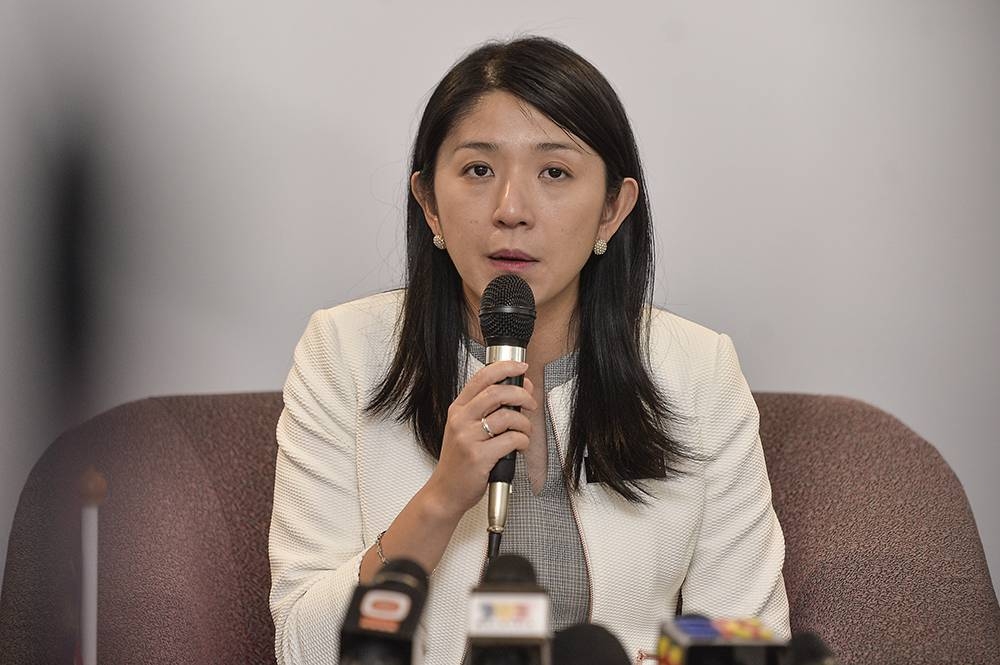
Yeo Bee Yin (Bakri MP, DAP)
Yeo, former energy, science, technology, environment and climate change minister, played a key role behind the country’s first specific Bill to address the climate crisis — the Climate Change Act.
In 2019, Yeo pledged to have the Bill ready for tabling by the next year but this was upended by the power grab that ousted PH in 2020.
As an Opposition MP, she continues to be one of the leading voices in the climate campaign, overseeing the portfolio as her party's designated debater on environmental policies.
As a minister, Yeo took on plastic polluters by declaring war against smugglers that made Malaysia a dumping ground for unwanted plastic, and had pushed for stricter punishment against rogue dirty industries.
She wanted clean energy and green technologies to be investment priorities, a policy that is now among the key thrusts in the 12th Malaysia Plan.
Yeo is now leading the charge to pressure the Umno-led government to table the Climate Change Act sooner after her successor Datuk Seri Tuan Ibrahim Tuan Man said the Bill can only be ready by 2025.

Nurul Izzah Anwar (Permatang Pauh MP, PKR)
The eldest daughter of Opposition Leader Datuk Seri Anwar Ibrahim has championed the climate cause as far back as 2008 as a debutant MP, an issue she remains vocal about throughout her tenure as federal lawmaker, now in the third term.
The PKR MP has sided with environmental groups to oppose major development projects, including those initiated by her own coalition partners.
She was critical of the PH government’s decision to extend the licence of rare earth miners Lynas and the Penang South Reclamation project that had been approved by the DAP-led state government, rattling ties.
When in December 2021 record scale flood hit the low- to middle-income neighbourhood of Taman Sri Muda, Shah Alam, Selangor, supporters panned policymakers for not heeding the lawmaker’s warning five months earlier that climate effects would make the year-end monsoon much more devastating, and called for more stringent mitigation measures.
The floods turned deadly, killing nine. Fifty residents have since filed a class action suit seeking compensation for damages worth over RM3.7 million from several ministries and agencies for failing to prevent the disaster due to negligence, among others.
Parti Sosialis Malaysia
They are likely the only political party to date to put out an action plan to address climate change with specific policy goals, launching a climate crisis drive in 2019 to pressure the PH administration to make global warming a priority.
The left has always viewed the climate crisis as a product of hypercapitalism. Environmental degradation happens because of businesses' relentless pursuit for profits, which PSM vows to tackle.
The party currently has no representation at the federal or state level but some political observers believe the party’s progressive values could resonate with more idealistic younger voters who would be voting for the first time in the upcoming 15th general election.
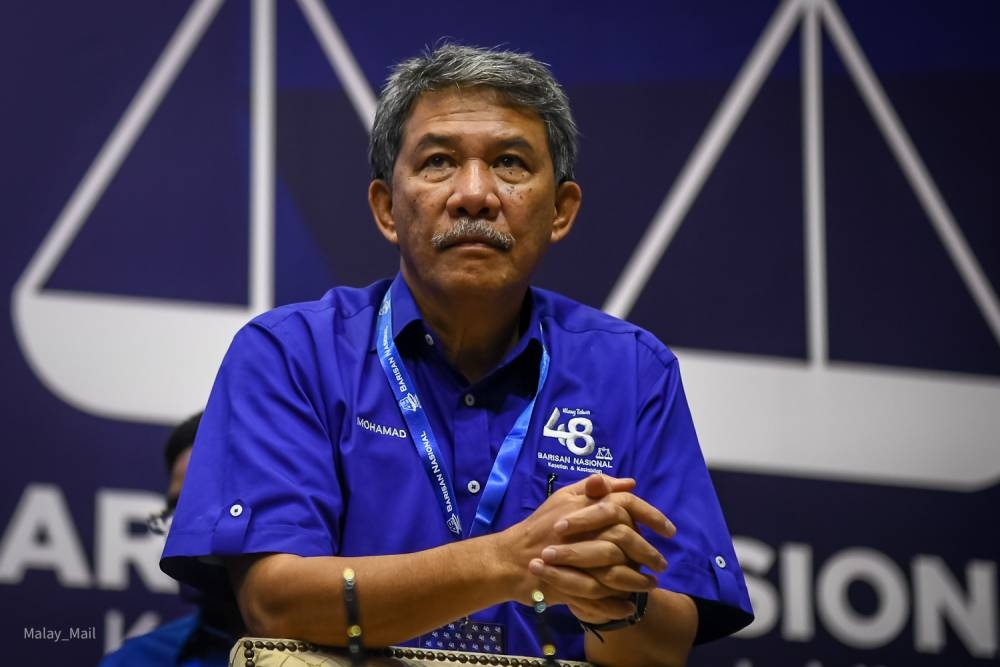
Datuk Seri Mohamad Hasan (Umno)
Umno's adoption of the climate cause is relatively recent. Up till now, much of the country's environmental woes are blamed on policies it has put in place as the party that ruled for over 50 years.
But as a volatile climate could threaten to unnerve its power base — farmers, smallholders and fishermen — the issue has found an ally in some of its leaders.
One of them is their deputy president. In the aftermath of the December floods last year, Mohamad has supported calls for climate policies that would rein in industries like logging and reduce single-use plastics.
As Umno's number two, Mohamad’s warning about climate disaster would likely translate into election pledges for remedies.
But as critics have pointed out, averting the impending climate crisis would require putting a stop to business practices that have long benefited many of the party’s leaders, so whether or not Umno will genuinely make that leap remains to be seen.
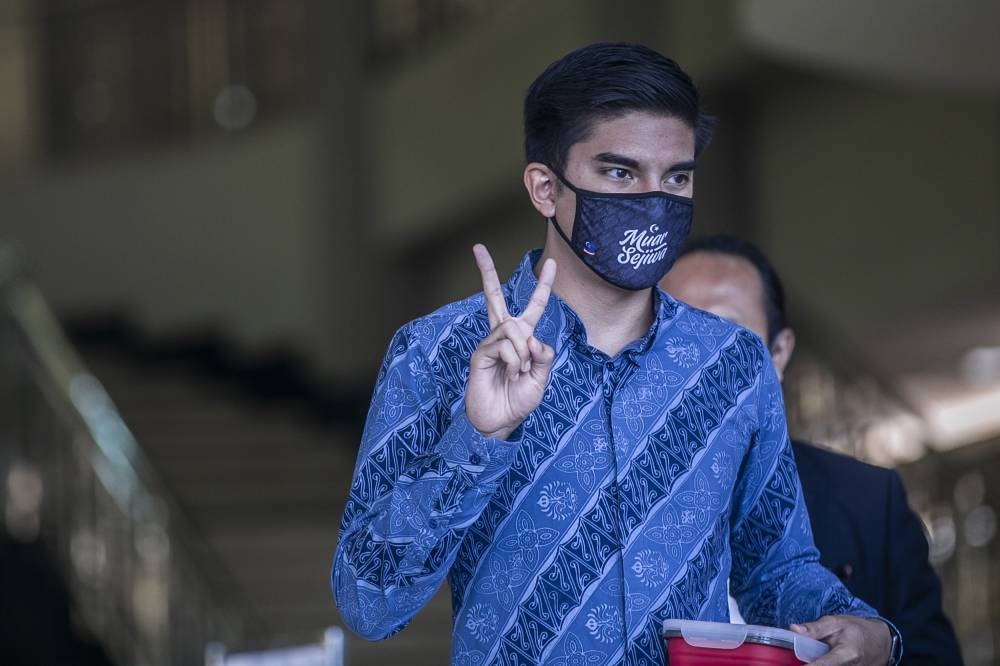
Syed Saddiq Syed Abdul Rahman (Muar MP, Muda)
Syed Saddiq has publicly stated that socio-economic policies cannot succeed without fighting climate change, which he has made a key cause for the Malaysian Democratic United Alliance (Muda) party he founded.
As then youth and sports minister he had urged younger voters to champion environmental causes, and was critical of his Cabinet colleagues who took global warming less seriously.
The first-term federal lawmaker had also suggested phasing out “dirty industries” like single-use plastics production.

Tun Dr Mahathir Mohamad (Langkawi MP, Pejuang)
The two-time former prime minister has spoken publicly about climate change, and has championed the cause both at home and abroad.
At a recent Oxford Union gathering in the United Kingdom, he told a mostly Malaysian audience that the international community is not doing enough to reverse global warming.
“The main result of the climate change is that it is growing warmer — the climate getting hotter and hotter. When the climate gets hotter, what happens is that ice will melt thus raising the level of the seas,” he said in a 10-minute speech.
“There will be evaporation. There will be formation of clouds, strong winds, and then there will be storms, severe storms, and the storms will result in very heavy rain which will flood countries.”
As prime minister of the PH administration, he announced the planned National Council of Climate Change Action as part of the election pledge to “prepare” the country for climate disasters. He continues to raise the issue as Langkawi and Opposition MP.



